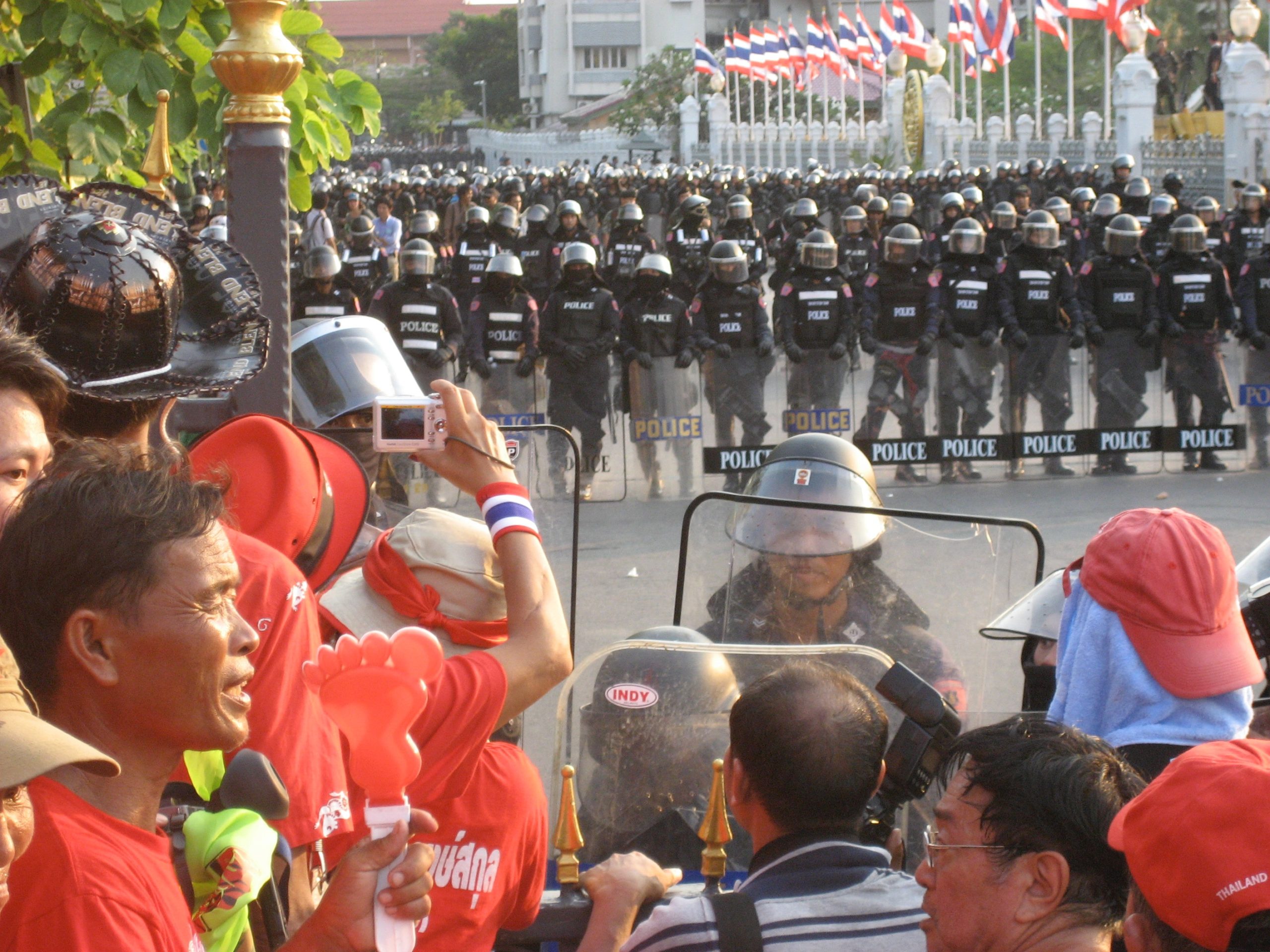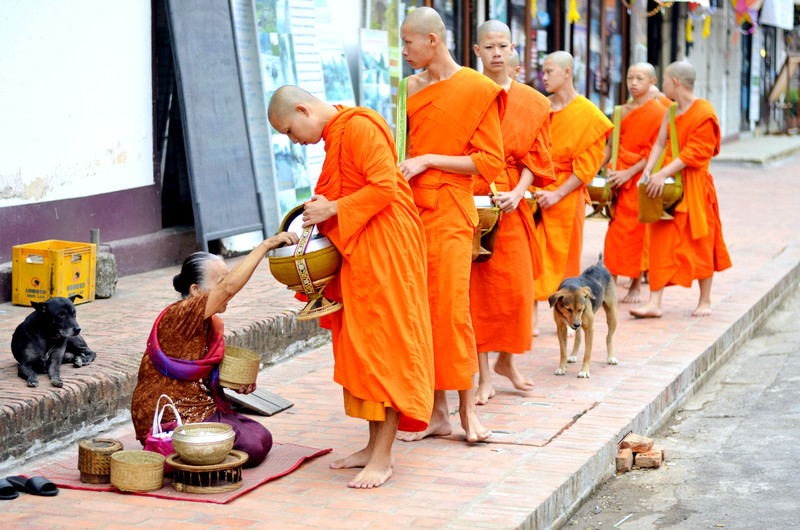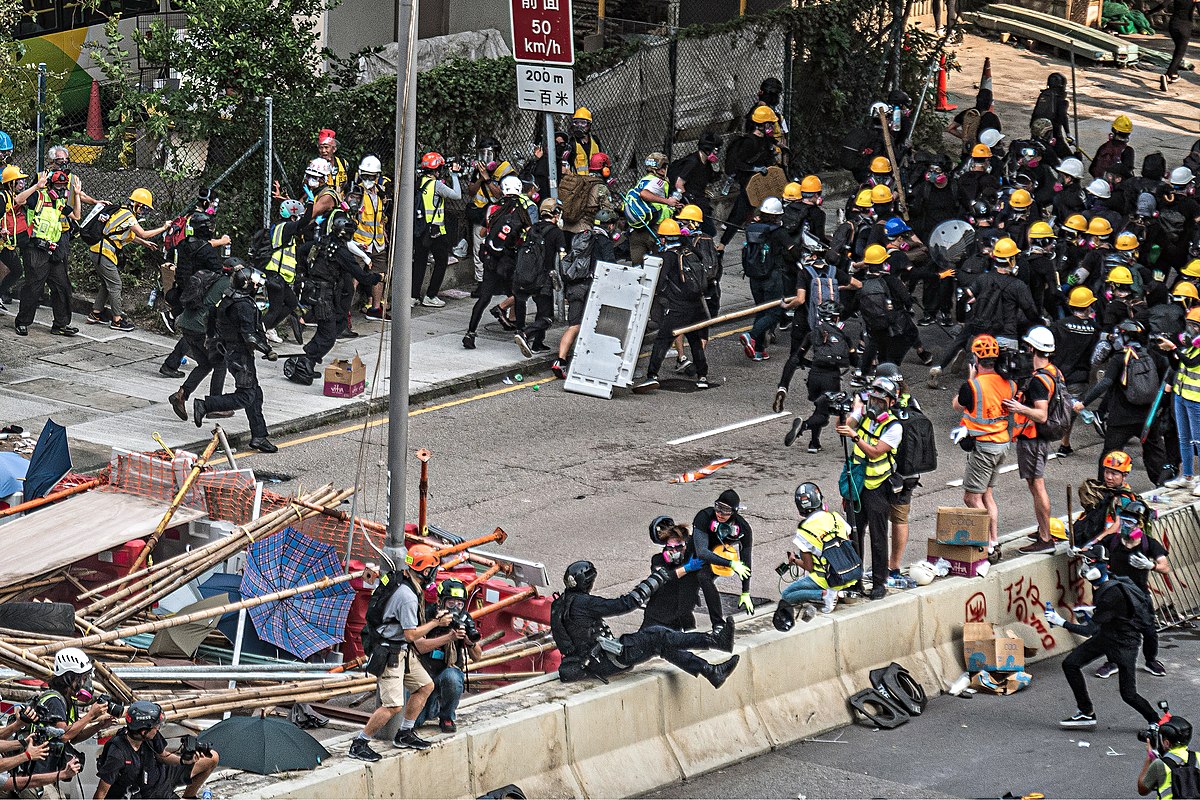How to read the current wave of protest in Thailand? Do you think there is a potential they can change something or PM Prayuth Chan-o-cha’s rule is safe?
Andrej Matišák polls the experts:
Answers
Michael Montesano, Visiting Senior Research Fellow, Institute of Southeast Asian Studies (ISEAS) – Yusof Ishak Institute
First and foremost, what we are seeing is the political rise of a new generation of Thais. These young people understand how things work in other parts of the world, and they believe that Thailand deserves a better and more open political order.
I think that the biggest threat to the prime minister would lie in the Army or the King losing confidence in him. As of now, these protests are not a threat to Prayut. But should they continue, and should there be violence, his position would become very difficult.
As regards change, I think that there will be some effort to amend the constitution. The government may try to offer minimal amendments to appease the students. And some parties may seek to amend it in ways that serve those parties’ interests. But it is not likely that these amendments will satisfy the student protestors.
Aim Sinpeng, Lecturer, Department of Government and International Relations, University of Sydney
So the current protests really started following the 2019 elections which were controversial and many young people believe were stolen. The results led to a continuation of the power of General Prayuth Chan o-cha who came to power through a military coup in 2014 and a dissolution of the Future Forward Party, a pro-democracy progressive new party that was a favorite among young people. Once the lockdown measures eased arrests of prominent anti-government activists sparked the latest rounds of protests that demand democracy, justice, political reforms and a new constitution that would guarantee a free and fair election and improved civil liberties. The government responded so far by exerting pressure in senior management of universities and schools to make sure the students are not out of line and arresting some key protest leaders. There is no direct discussion between the government and the protesters at the moment, therefore it’s unlikely Prayuth’s government will falter.
It is too early to tell what the effects of the protests by the university and school students will be. We have to wait to see how the military reacts. At this point, threats and arrests have come from the police who have no political power but merely agents of the regime (backed by the military who have disavowed its role in the arrests) to intimidate the young people from further protests. There seems to be a general feeling that a harsh repression a la October 6, 1976 massacre of students will not happen–already over three hundred professors have come out to support the students to prevent another massacre; also the Navy commander in chief has also advocated peace and understanding. Harsh repression of young people might raise the ire of older people (especially the former Red Shirt protestors) to come out for mass demonstrations against the regime/military. If mass demonstrations take place, I fear that it will trigger another coup by the military and the current half-baked democratic system will be scrapped.
Thak Chaloemtiarana, Professor, Cornell University
I hope that the mass disaffection of young people against military dictatorship will embolden civilian politicians in parliament to join forces to push for new elections and especially the drafting of a new constitution that will eliminate the military-appointed senate that voted in the Prayut government. A fly in the ointment is the call by protestors at Thammasat University to reform the monarchy. Thus far the king has not reacted publicly; only the military and royalist conservatives are pushing for lese majeste arrests. Thus far, Article 112 has not been invoked.
The military needs the monarchy to back up its legitimacy. However, because the king does not have the respect of the people, this may lead the military to stage a coup to protect the monarchy (and its source of legitimacy) from further erosion.
I am not sure if there are officers who want the military to be a professional force whose role is to protect the country from foreign enemies. The military has always been an internal force to suppress those who threaten its political control (i.e. control over how the budget is dispensed, and how having power allows for easy corruption). The Thai military, as far as I know, is the only one that declares that its primary mission is to protect the monarchy.
Although I am happy to see the increased political consciousness of young people, without wider public support and action in the streets, and without non-military political leadership that has enough steam to draft a new constitution to limit the powers of the politicized courts and appointed senators, and to curb the political role of the monarchy, it is difficult to contemplate the demise of the Prayut regime.
But as an optimist, the politicization of the young generation against military dictatorship and the political role of the monarchy bodes well for the future. Social and political change are slow processes. I hope that some semblance of democracy would eventually return to allow free and fair voting and that the young progressive students and their supporters will elect forward-looking representatives who would form a government that would curb the political interference of the military and the monarchy and the economic oligarchs that support them.
Thitinan Pongsudhirak, Professor, Director, Institute of Security and International Studies, Faculty of Political Science, Chulalongkorn University
The youth movement will have a daunting mission trying to reform Thailand’s rotten political system because the Prayut government has military support, parliamentary control, judicial influence, and monarchy backing. This means Thailand will see a lot of tensions leading to a confrontation in the weeks ahead.






